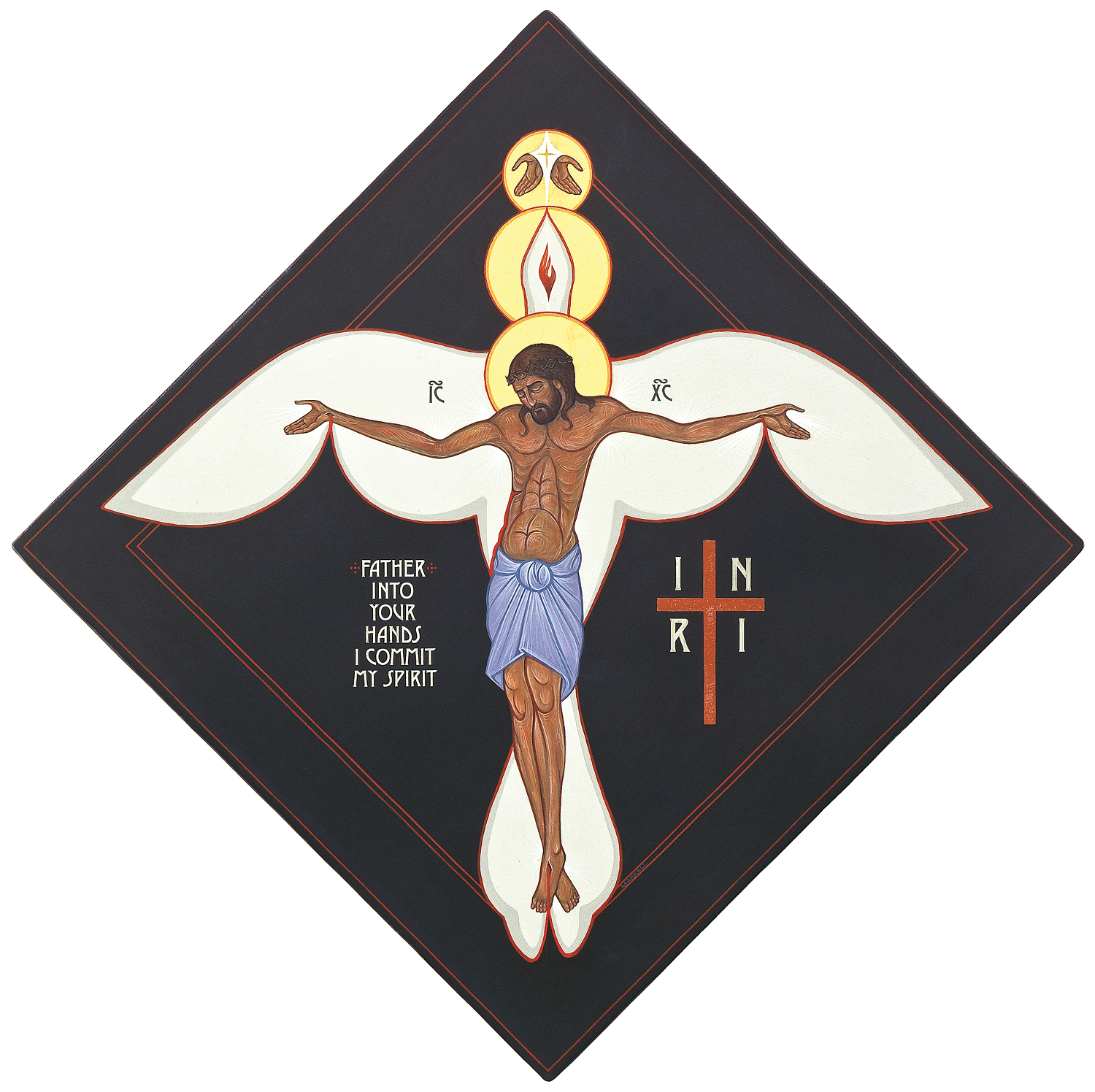Who Is Jesus?
Lesson Five

Who Is Jesus According to Paul?
“I pray that you may have the power to comprehend, with all the saints, what is the breadth and length and height and depth, and to know the love of Christ that surpasses knowledge, so that you may be filled with all the fullness of God.” Ephesians 3:18–19
Sometimes, when I reflect on how much we humans are making a mess of things now, I think back on the people of yesteryear and ponder how wonderful they must have been. A sepia-drenched musing of a woman of faith, tireless, kind, patient, and stalwart. She is all good things! No drama in her life! Or perhaps, thanks to gentle books and movies, my mind happily travels to a time and era where I can imagine an entire town populated with good folks—even the grumpy but ultimately warm-hearted mayor who eventually chooses to do the right thing—who more-or-less model “good” values: neighborliness, frugality, patriotism, civic engagement, commitment, groundedness, etc. The problems that they must solve within the pages of the book or the minutes of the broadcast, ultimately find tidy resolution because of their ultimately good-heartedness and fair-mindedness.
And yet.
And yet, leave it to scripture to show us that God’s people of all generations are and were ever in need of salvation. Our modern problems aren’t so modern after all. Judy Siker writes, “If ever there was a messed-up church, it was Paul’s church at Corinth. Just imagine—people in that congregation were fighting over all kinds of things. They sued each other in court (1 Cor. 6:1); they were divided over who baptized them (1 Cor. 3:3,4); they fought about which spiritual gift was better (1 Cor. 12); some of them got drunk at the Lord’s supper (1 Cor. 11:17–22); some thought that they had to abstain from all sexual activity, while others thought they could engage in incestuous activity and frequent prostitutes (1 Cor. 5:1–2; 7). Suffice it to say, it was a church with many problems.” (page 54)
A “church with many problems,” indeed.
I sometimes think that one of our greatest obstacles as human beings is our almost compulsive need to sort our neighbors, friends, celebrities, and strangers into neat categories (perhaps even our very selves). This, of course, often results in some serious ugliness—xenophobia and racism, wars and conflict. That being said, we aren’t always ugly in our “judgy-ness”—sometimes we think quite amazing thoughts about our friend’s stepdaughter (“she’s so gifted with numbers, she should pursue her Master’s degree!”) or the always pleasant barista at our favorite fair trade coffee shop (“always happy to listen!”). And social media, which I think is an extension of our best and least selves, is expert on flattening celebrities and the like into cardboard characters, villains or heroines. Let’s face it, what we choose to share about ourselves we carefully curate so that our lives, and by extension ourselves, are understood in particular (usually positive) ways. Only God knows us wholly, our unvarnished selves.
Despite knowing us through and through, God yearns for relationship with imperfect and (let’s face it) unworthy us, according to Paul. That’s why Paul understands Jesus through the lens of the crucified Christ, God’s atoning sacrifice for us. Judy writes, “For through the death and resurrection of Jesus, God’s self is made known to humanity. Through the death and resurrection of Jesus, our eyes can be opened to the amazing depth of God’s mercy and to the radical inclusion of God’s grace.” (page 56)
As I think about Paul, and the lens of understanding Jesus through Paul, I cannot help but think about the truly extravagant gift of grace that God provided for humanity through Jesus. Humanity. That’s all of us. And that’s all of us in our complexity, which includes our better and not-so-faultless selves. Only God knows us wholly and yet still chooses to love us wholly. No sepia filter required.
And yet.
Our 2014–2015 PW/Horizons Bible study was all about Paul! Entitled Reconciling Paul: A Contemporary Study of 2 Corinthians, author Elizabeth Hinson-Hasty delves deeply into the complexity that is Paul. I think it is worth sharing this reflection from Reconciling Paul before we consider (even for one moment!) resting in God’s love at the expense of not striving for a better world:
“. . . An awareness of God’s grace does not allow people of faith to remain content or to rest easily as long as the creation, God’s people and planet earth, groan from the burden of suffering, injustice, and exploitation caused by human hands.” (page 80)
And yet . . . we have work to do.
In thanks for God’s love through the lens of the cross,
Carissa Herold
